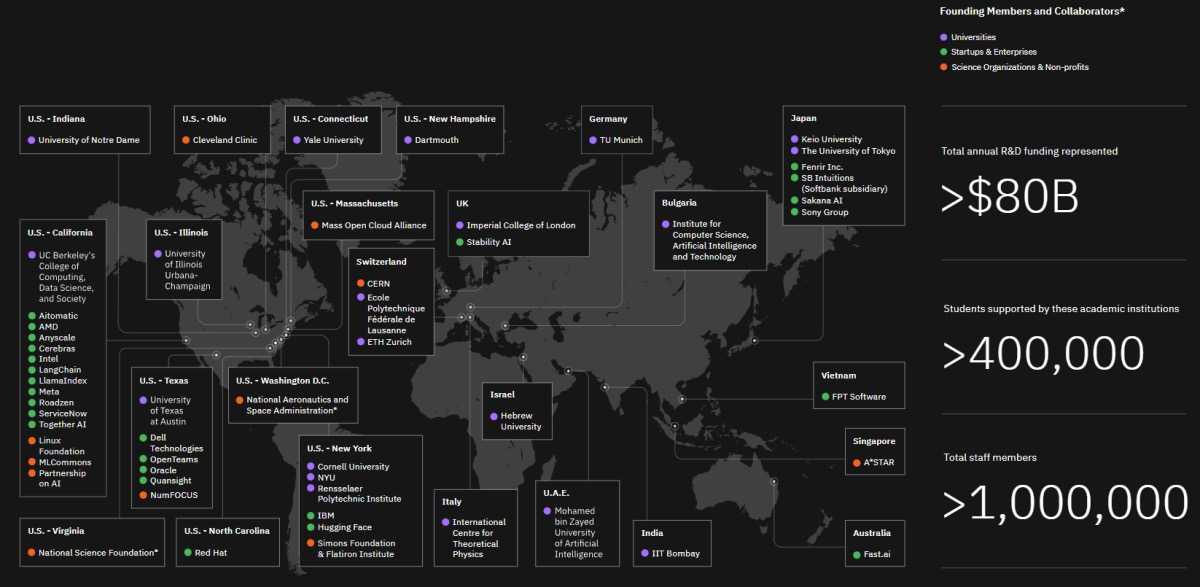1. Google Launches Gemini: A New Era of AI
Google CEO, Sundar Pichai, has announced the dawn of a new age in artificial intelligence (AI) — the Gemini era. Unveiled at the I/O developer conference and now available to the public, Gemini is Google’s latest large language model (LLM), set to revolutionize Google’s product suite.
Gemini is not a single AI model. It’s a versatile technology suite, including a streamlined version, Gemini Nano, designed for native, offline use on Android devices. A more robust variant, Gemini Pro, is set to power many Google AI services and is already the backbone of Bard. The most potent model, Gemini Ultra, designed for data centers and enterprise applications, is slated for release next year.The Gemini era begins with Bard, now powered by Gemini Pro, while Pixel 8 Pro users will enjoy new features courtesy of Gemini Nano. Developers and enterprise customers can access Gemini Pro via Google Generative AI Studio or Vertex AI in Google Cloud from December 13th.
Initially available in English, with more languages to follow soon, Gemini will eventually be integrated into Google’s search engine, ad products, the Chrome browser, and more. This integration, Pichai suggests, exemplifies one of the most powerful aspects of this new era — the ability to improve one underlying technology and see immediate enhancements across all products.
2. Meta, Intel, IBM, and more than 50 other organizations set up AI Alliance
On December 5, IBM announced on its official website that it and Meta have led the establishment of the AI Alliance (AI Alliance), which has been joined by more than 50 companies or organizations, including universities and research institutions, framework platform developers, AI benchmark test creators, infrastructure providers, open model creators, and so on.
The Alliance aims to create open, secure, and responsible AI and plans to initiate and enhance projects that fulfill these purposes: developing and deploying benchmarking and evaluation standards, tools, and other resources; responsibly advancing an ecosystem of open foundational models with multiple paradigms; fostering a vibrant ecosystem of AI hardware gas pedals by facilitating the contribution and adoption of key supporting software technologies; supporting global AI skill building and exploratory research; developing educational content and resources; launching initiatives to encourage open AI development safely and beneficially, and organizing events to explore AI use cases.
According to official data, the AI Alliance currently brings together more than $80 billion in annual R&D funding, more than 400,000 students at research institutions, and more than 1 million employees at companies.
AI Alliance homepage: thealliance.ai
3. First Large Visual Model Without Natural Language Published
In December, a team from BAIR and Johns Hopkins University published a paper that introduces the first natural-language-free Large Visual Models (LVMs), according to a post on social media platform X by Yutong Bai, a visiting doctoral student at BAIR (Berkeley AI Lab) and author of the paper.
According to the paper, the research team introduced a new sequence modeling method that can be used without any linguistic data.
When tested, many different visual tasks can be solved by designing appropriate visual cues. The project’s source code, model, and dataset will be made open source.
Paper address: arxiv.org/abs/2312.00785
Project homepage: yutongbai.com/lvm.html
4. Mitsubishi Electric Funds Hayden AI to Boost Traffic Safety
Mitsubishi Electric Corporation has announced an investment in U.S.-based startup Hayden AI Technologies through its ME Innovation Fund. Hayden AI specializes in traffic enforcement services using image analysis technology.The US has strict traffic regulations to ensure the safety of children around school buses. Hayden AI Technologies uses cameras on school buses and other vehicles to detect traffic violations and report them immediately to authorities along with relevant image data. The result is improved urban traffic safety and efficient enforcement of parking violations.The company also provides a solution for predicting traffic volume using accumulated image data. This service is expected to evolve into an urban traffic optimization platform for major U.S. cities.In collaboration with Mitsubishi Electric, Hayden AI aims to create a digital twin that uses real-time image data to simulate and predict potential traffic accidents and changes in traffic conditions.
5. OpenAI GPT store delayed to 2024
OpenAI has delayed the launch of its GPT store until early 2024, according to an internal memo it saw, Reuters reported. At its first developer conference in November, OpenAI unveiled custom GPTs and a GPT store, which it planned to launch later that month. The memo said the company is continuing to “improve” the GPTs based on customer feedback.



